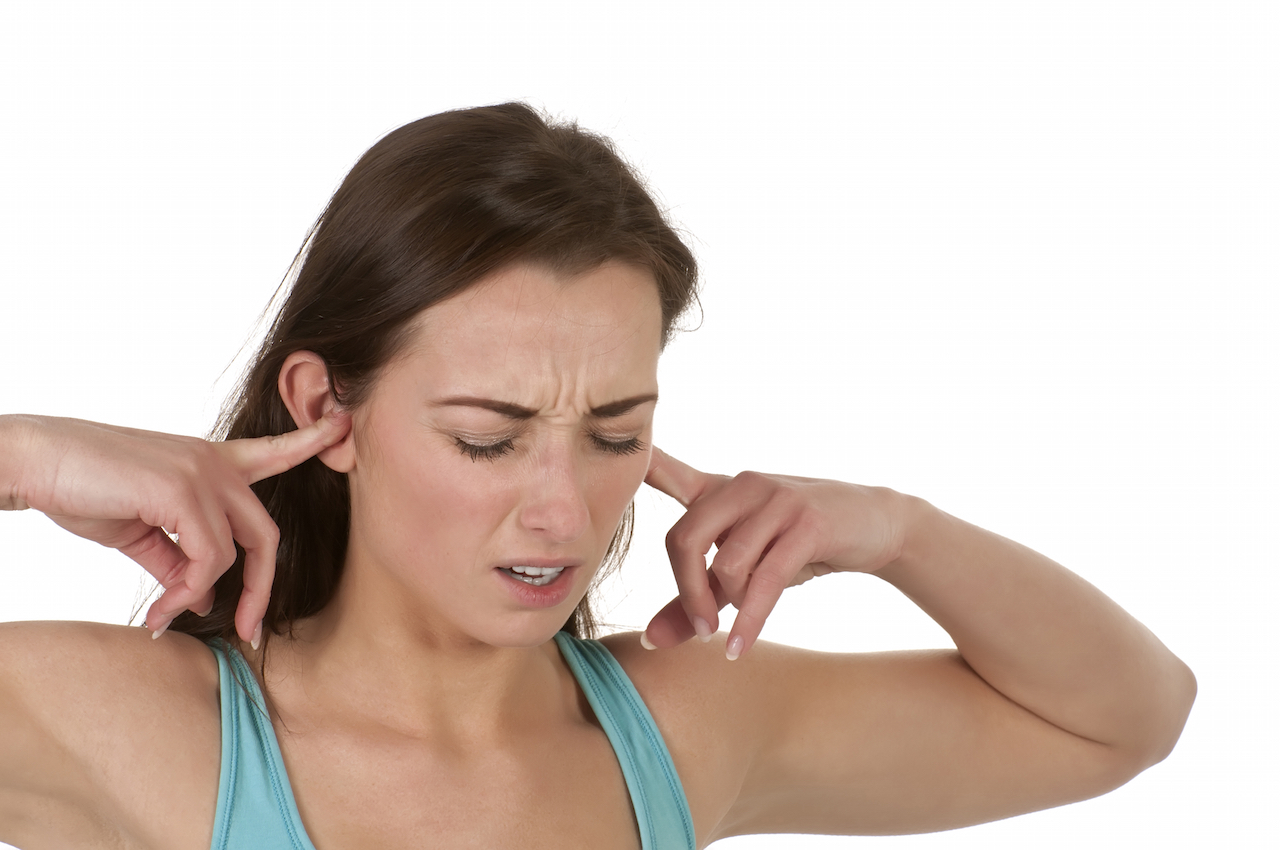Where tinnitus can be a problem at any age, presbycusis, a gradual loss of hearing, is generally associated with aging. Presbycusis can be caused by any number of things that have happened during a person’s life, with loud noises, excessive drug use, and poor diet being some of the main reasons.
Meniere’s disease is a buildup of fluid pressure in the inner ear and is a serious dysfunction. Meniere’s can cause dizziness, vertigo, nausea, vomiting, tinnitus, and sensory hearing loss. Any of the symptoms of Meniere’s can come on suddenly and last anywhere from minutes to hours. As the ability to hear declines, the attacks usually decrease and stop altogether when hearing loss is complete. Diuretics and surgery are the only tools of conventional medicine where Meniere’s is concerned. However, Sonus complete is an effective and useful supplement that you can include in your diet to control the symptoms of hearing conditions. Click here to read [google_bot_show][/google_bot_show]Sonus complete reviews.

Most of us, at one time or another, have experienced what’s called a temporary threshold shift. This happens when the delicate parts of the ear have been exposed to loud noises and there is a hissing, rumbling or buzzing in the ears, or you feel like you’re underwater. A few hours of quiet, like sleeping overnight, generally restores the feeling of normal hearing but some harm has been done and repeated exposures can cause permanent damage. Most people don’t even know there’s a problem until speech becomes inaudible, tinnitus is present, or certain pitches or tones can’t be heard. According to government statistics, one-third of all those who suffer from hearing loss are young adults, teenagers or children. High blood pressure can be caused by exposure to loud noises and the effects can take hours to diminish. No long-term studies have been done to find out if repeated exposures can cause long-term or lifetime high blood pressure problems.
Food allergies, particularly dairy and wheat products, contribute to ear infections and hearing problems. If exposure to loud noises is minimized during the earlier part of life, hearing loss later will be less. Ginkgo biloba, echinacea, cayenne, butcher’s broom, garlic, ginger, chamomile root, turmeric, and yarrow can help reduce dizziness, poor balance, tinnitus and hearing losses that are related to decreased blood and fluid circulation in the ears. Acupuncture and acupressure have both shown to help alleviate or stop tinnitus and other hearing problems.

Many people have lowered or eliminated dizziness, the sensation of pressure in their ears, have improved their hearing, and have experienced the lessening or disappearance of tinnitus, simply by lowering the intake of sugars, alcohol, and dietary fats.
When considering the big picture where hearing problems are concerned, as is the case in almost all diseases and ailments, prevention is the best procedure. Proper nutrition, exercise, and thoughtfulness about long-term effects are far more effective than all the medical technology available.
